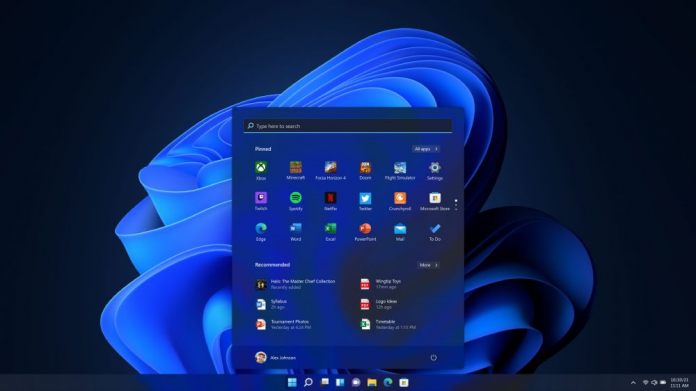On Windows 11, you will get one chance to see your browser alternatives before they are hidden away. Specifically, like on Windows 10 when you open a web link for the first time, or install a new browser, the platform gives you the opportunity to select it as default. Unless you choose “always use this app” this time, the browser will not become default. Ok, this is the same as normal, but changing a default on Windows 10 was relatively easy. Users simply could right click a file, web link, app, or shortcut and choose the “open with” option and then “always use this app”. On Windows 11, this process is different and more confusing. Instead of a catch all toggle like “always use this app” or “always open with this program”, Microsoft is changing app default. The company will now force users to set defaults for every link type or file. Yes, instead of a universal toggle, you have to work through each format like HTML, PDF, SVG, HTTPS, etc. To set Google Chrome as the default browser, you will need to change the default across 11 individual file types. Of course, this is an overly complex process with the only explanation being Microsoft is trying to make it harder for users to choose other browsers.
Stirring Anger
And it is easy to assume this is just a placeholder in preview and when Windows 11 launches Microsoft will revert to a simpler system. Maybe, but this certainly looks finalized enough to have other browser developers angry. The Verge reached out to both Mozilla (Firefox) and Opera and both are unimpressed. “We have been increasingly worried about the trend on Windows,” says Selena Deckelmann, senior vice president of Firefox. “Since Windows 10, users have had to take additional and unnecessary steps to set and retain their default browser settings. These barriers are confusing at best and seem designed to undermine a user’s choice for a non-Microsoft browser.” “It’s very unfortunate when a platform vendor is obscurifying a common use case to improve the standing of their own product,” says Krystian Kolondra, Opera’s head of browsers. “We would like to encourage all platform vendors to respect user choice and allow competition on their platforms. Taking away user choice is a step backwards.” Companies have gotten into hot water before over these types of decisions to lock out rivals. Notably, Google was slapped with huge fines in Europe for not giving users enough browser choice on Android. Microsoft’s process may also catch the investigative eye of regulators, so it will be interesting to see how this plays out. Tip of the day: To prevent attackers from capturing your password, Secure Sign-in asks the user to perform a physical action that activates the sign-in screen. In some cases, this is a dedicated “Windows Security” button, but the most common case in Windows 10 is the Ctrl+Alt Del hotkey. In our tutorial, we show you how to activate this feature.




